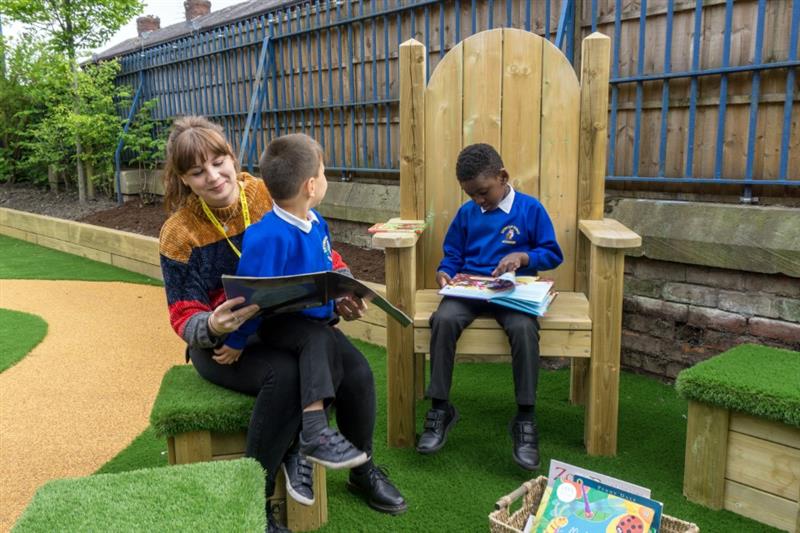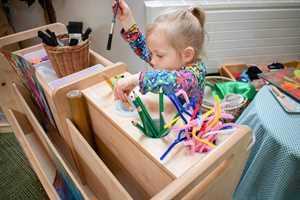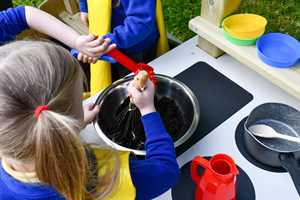Children's Health
Encouraging Reading For Pleasure: World Book Day 2025!
Thursday the 6th of March 2025 marks the annual celebration of World Book Day UK. This year's theme is: Read Your Way aimed to encourage and empower children and young people to have fun discovering reading on their own terms.
This particular theme was chosen as research indicates that children feel reading is something they have to do, rather than something they choose to do. Are we perhaps creating capable readers who are choosing not to read? Has the teaching of reading in the UK simply lost its fun?
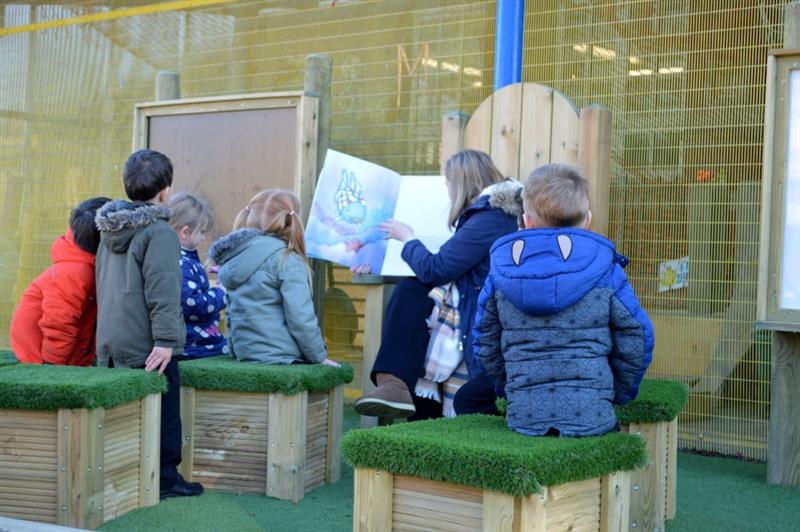
Do Children Enjoy Reading in their Free Time?
Research carried out by the National Literacy Trust in 2024 stated that just 1 in 3 (34.6%) children and young people aged 8 to 18 said that they enjoyed reading in their free time. The UK currently ranks in the bottom third of countries worldwide for childhood reading enjoyment despite giving the world some of its best known stories and writers.
We know that children who state that they enjoy reading and who read for pleasure in their own time do better at school. Reading for enjoyment is positively linked to reading attainment and in turn writing ability. Pupils who read for pleasure also demonstrate a wider general knowledge about the world and other cultures and more complex insights into human nature and decision making.
This blog suggests possible strategies and approaches to engage students who may have already decided that reading is not for them.
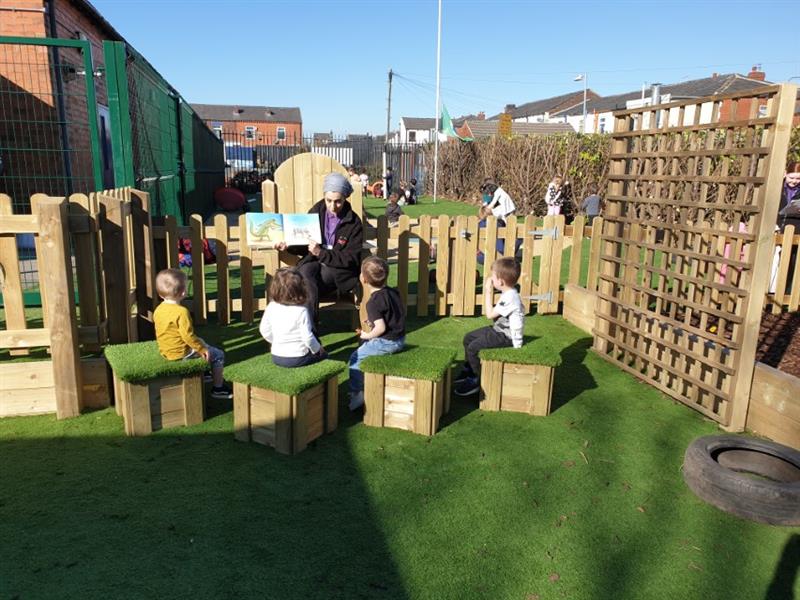
Take time to Read Aloud
One of my favourite things to do as a teacher was to read aloud to my key stage 2 pupils, although regrettably I did sometimes question 'Have we got time for this today?'
Often by the time children reach year 6 or even earlier, they no longer hear books being read aloud either by an adult or themselves at home. Therefore, having a designated time slot to read to your class every day throughout their time in school is a vital opportunity to show children that reading is fun and enjoyable.
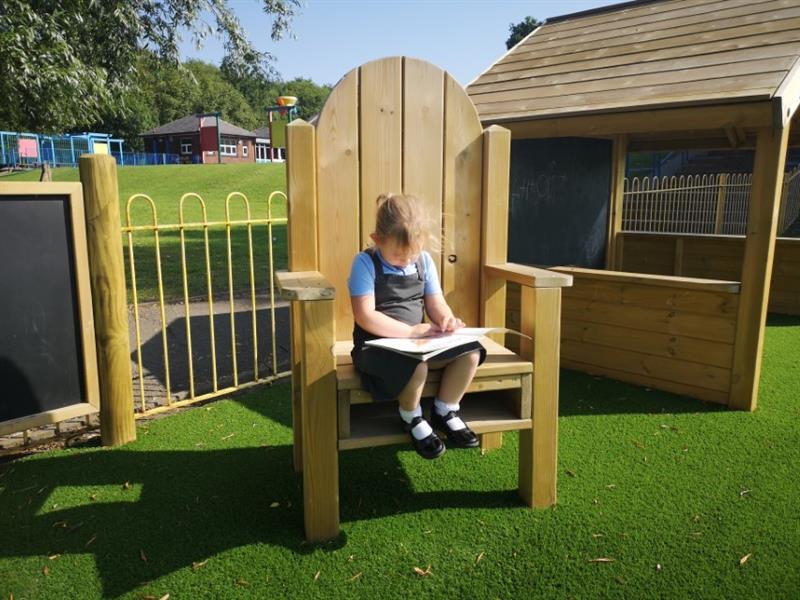
Drop Everything and Read!
I think it would be wonderful if every class in a school could stop for 15-20 minutes each day for adults to simply read to classes without interruption. The text does not need to be unpicked and children don't need to be fired with questions, they can simply gain the full sense of a story. In this way students can be introduced to new and exciting authors and genres.
Venturing to an outdoor reading space when reading aloud may help students to focus better than in the classroom and contribute to creating a positive mood and better mental health.
The Importance of Independent Reading
The importance of regular, independent, silent or quiet reading time throughout the school day cannot be overlooked. During this time children can choose freely what they would like to read whether it be non-fiction books, graphic novels or magazines.
Teachers will support children who need guidance when choosing their own books. Educators can model how to look for clues and discuss features such as covers, blurb, author bio, title and genre.
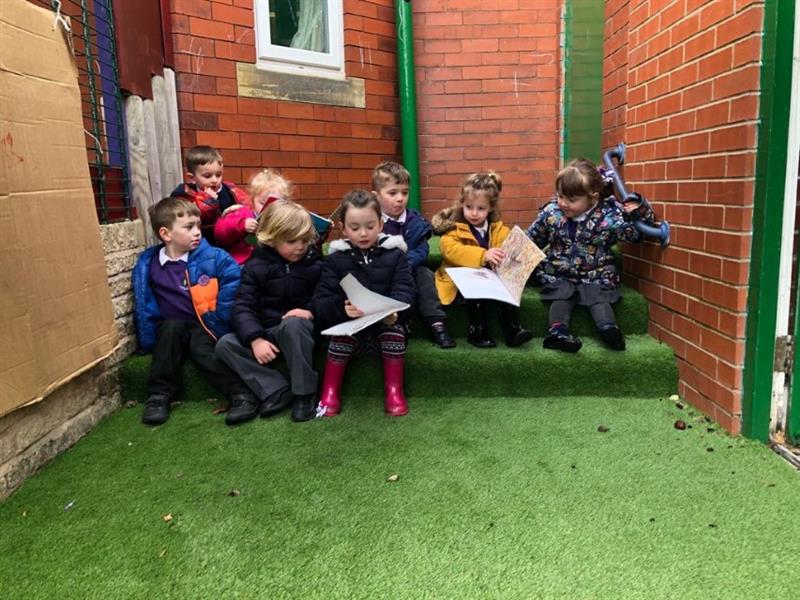
Teachers Can Stop and Read Too!
Independent reading time can provide the ideal opportunity for adults to model reading too. When children view their teacher concentrating and enjoying their own reading material they will often be inclined to do the same.
As children get better at independent reading, time can be gradually increased to build reading stamina. Independent reading sessions can be varied to sustain interest and enjoyment and may involve:
- Educators reading with individual or groups of pupils.
- Asking children to discuss and rate their current reads.
- Flexible seating - allow children to get comfortable with their books whether in a Cosy Cove with cushions and blankets or in an Outdoor Classroom.
- Rotating boxes of books relating to specific genres.
- Paired reading
- Access to audio books or digital texts.
Learn to Love the School Library
A school library or a class reading area need to form the heart of a reading community. Often a school library may have multiple uses leading to the space becoming a storage hub where books are inaccessible or there is nowhere to read them!
When children have access to a well-stocked school library they will read more. In order to promote reading, new titles can be added throughout the school year and pupils can be given notes about new authors to look out for.
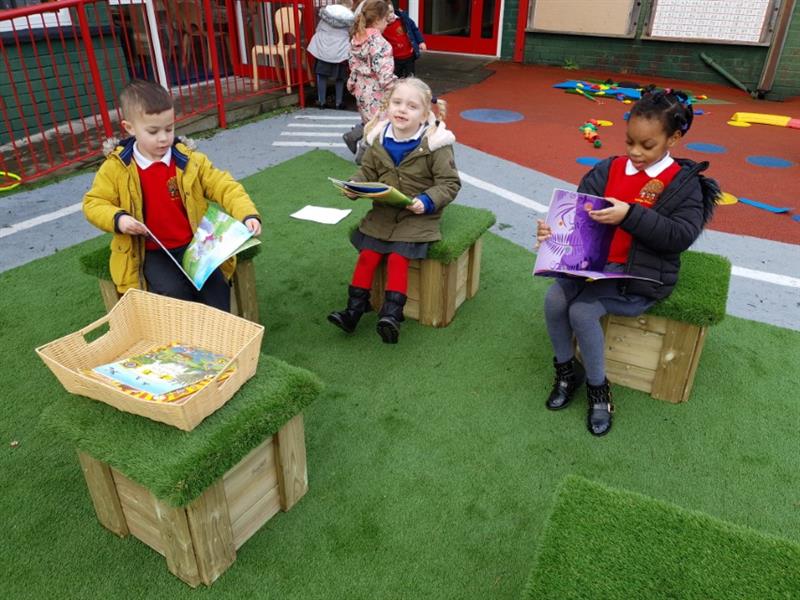
An Attractive Space for Readers of All Ages
A library should be an attractive and exciting place for readers of all ages to visit. Pentagon's range of book storage units allow easy-access and will create a perfect library space that stands the test of time. Books can be attractively displayed 'front-on' as in a bookshop which will encourage children to go in and make their selection.
Investing in new tables and chairs or a Cosy Cove, for eyfs children where story sacks can be explored, will create a space that teachers and pupils want to go in and use. School libraries can be used for English lessons, read aloud sessions, library skills lessons, book clubs and more.
For some pupils the school library will be viewed negatively and schools may need to think creatively in order to change perceptions.
In addition to regularly updating reading materials schools may:
- Support children in playing an active role in running the library, issuing books and helping to decide on new stock.
- Introduce a library 'loyalty card' to reward regular readers.
- Consider the visual environment, perhaps let pupils design or produce a mural/wall art inspired by favourite characters, illustrations and quotes.
- Expand the library stock to include newspapers, magazines and comics which pique children's interests.
- Once a year students can choose a book from the 'Birthday Box' and have time to read with friends.
- Hold events in the library such as a teddy bear and pyjamas day, book discussion groups or read-a-thons.
.jpg)
A Reading Journey Begins in the Early Years
The early years foundation stage statutory framework states that it is "crucial for children to develop a life-long love of reading."
Phonics teaching forms an essential part of what it takes to become a fluent reader but more is needed for children to develop reading comprehension and to ensure children read for pleasure.
.jpg)
Select Books to Spark Imagination and Interest
Children hugely benefit from an exposure to books from a young age. We need to provide plenty of opportunities for children to engage with books during early childhood that spark imagination and interest. Early years learners should be allowed to choose and peruse books freely as well as being read to by an adult.
By enjoying and sharing books children will view them as a source of pleasure and entertainment which will in turn motivate them to want to read.
Strategies for promoting reading for pleasure in the Early Years can include:
- An author/illustrator visit - before the visit early years children can read, talk and explore the author's works.
- Talk about and compare favourite reads with another school - perhaps via email or video-conference children can share the pleasures of reading with a partner school.
- Pupils can take to the stage to present stories and poems using props, costumes and puppets. Children will be able to re-tell and even make familiar narratives their own. Drama provides a fantastic opportunity for children to develop 'book language' and an understanding of characters and story structure.
- Transform role play areas into a bookshop, library or newsagents to encourage role-play, reading and talk about texts.
- Set up links with a local bookseller to organise regular bookselling in school. Children may be able to visit the bookshop to learn more about how it operates and children may want to take their parents for a visit.
- Invite parents and grandparents into early years settings to read and to share their favourite childhood books or nursery rhymes.
- Children may be chosen to take a book home along with the class reading mascot/cuddly toy.
.jpg)
Embracing World Book Day and Continuing to Promote Reading for Pleasure
If the enthusiasm for books shown on World Book Day could be repeated every week we would certainly have high levels of children who read for enjoyment in the UK!
If after World Book Day schools could adopt some new strategies to continue to encourage children to read this would make a big impact. Often lots of small, consistent strategies add up and are needed to make a real difference in promoting reading for pleasure across a school.
Perhaps consider:
- Lunch time reading clubs.
- Boxes of books accessible on the playground.
- Paired reading with another class.
- Inviting parents to help out listening to one-to-one readers.
- Invite male authors into school to target boys reading for pleasure.
- Set up a 'Browse and Borrow' box of books in the staff room which teachers can use in their classrooms.
- Listen and chat to children about books that they enjoy and recommend texts to them by placing them in trays with a note attached.
Let's allow our students to truly read for pleasure, to listen to stories, to engage with stories and to imagine themselves in stories.
